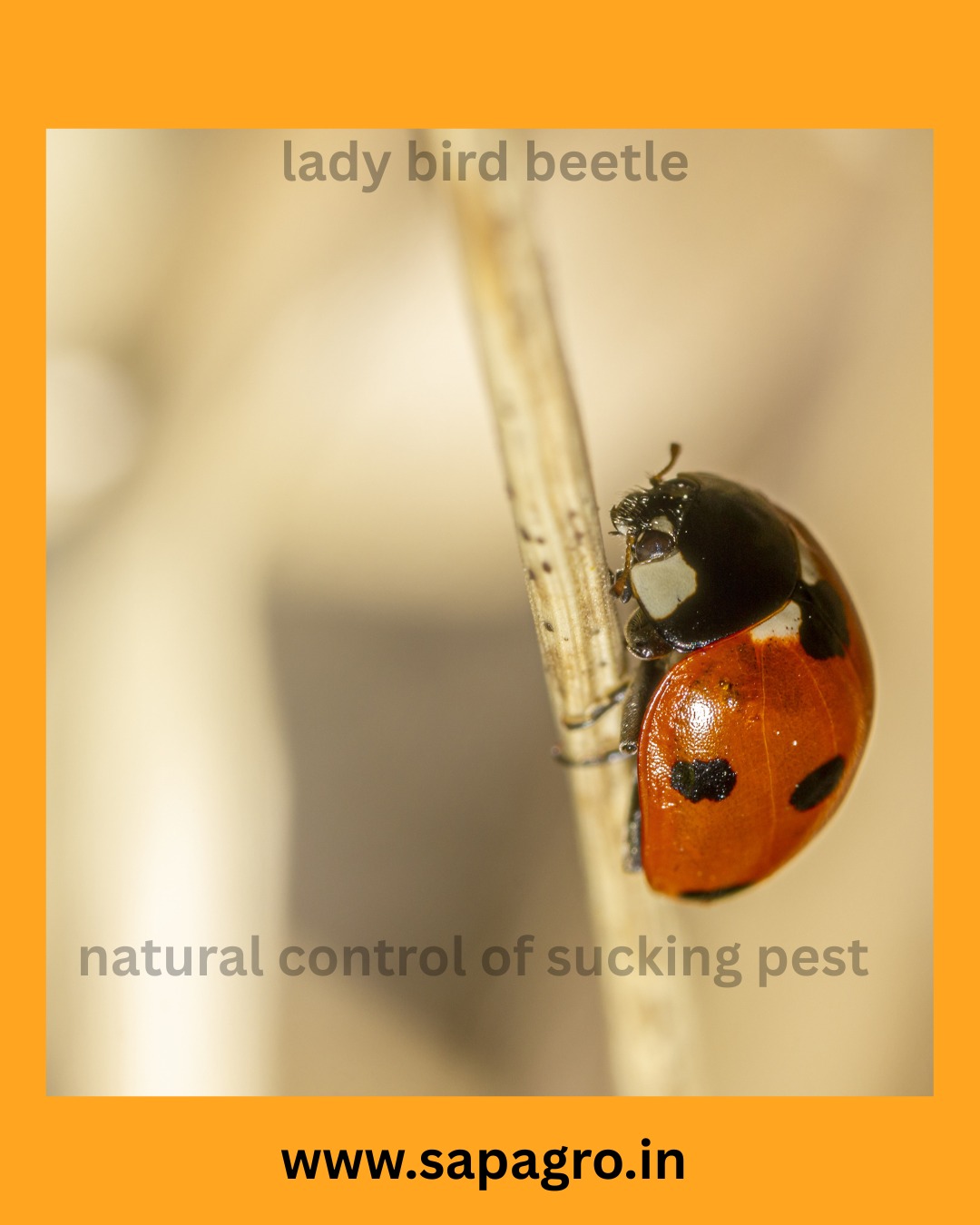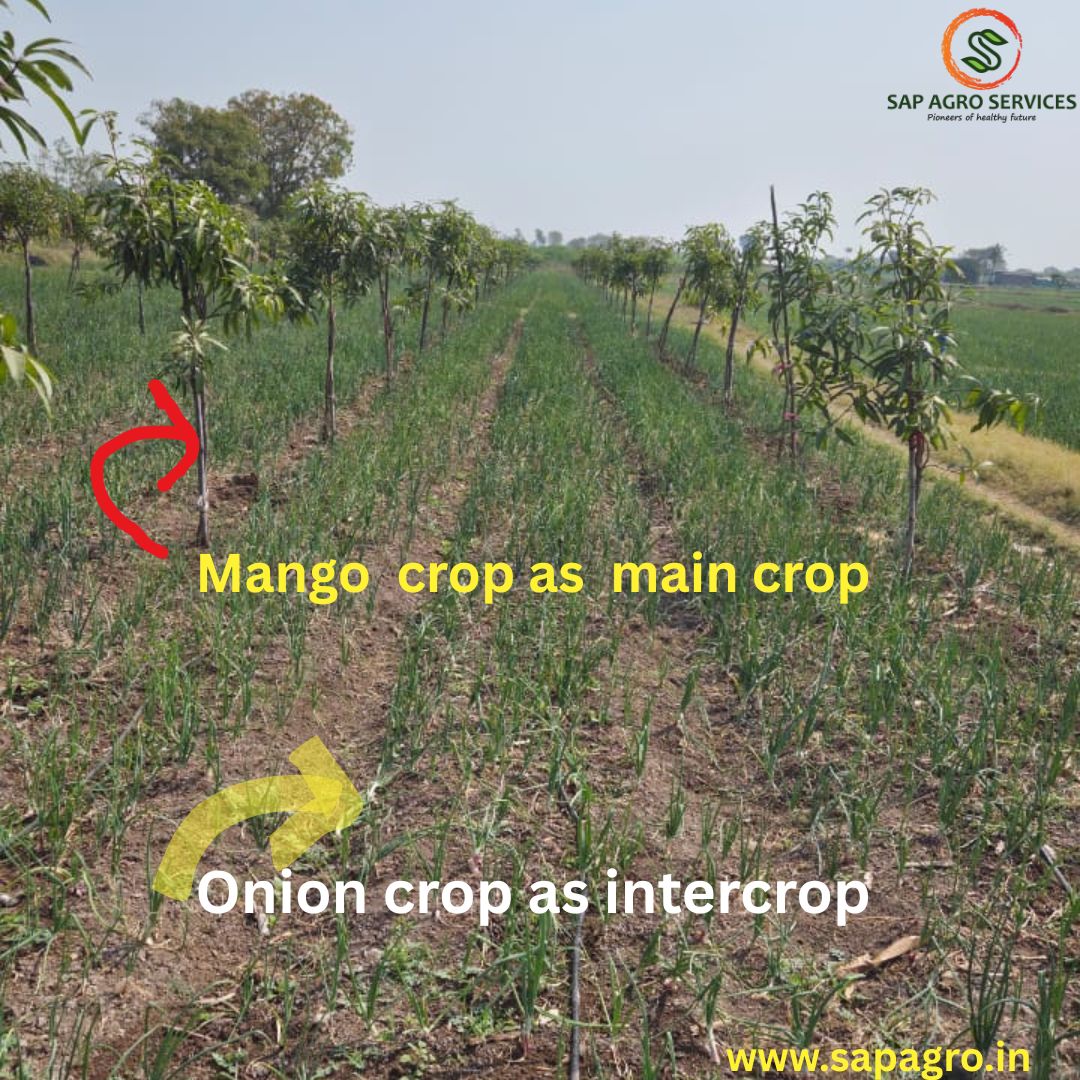Organic farming is an agricultural method that emphasizes the use of natural inputs and sustainable practices to develop crops and rear livestock. Unlike conventional farming, which mainly relies on synthetic chemicals, genetically modified organisms (GMOs), and intensive practices, organic farming uses a comprehensive approach to ensure the long-term health and sustainability of the environment.
The theme for World Environment Day on 5th June 2023 is “Beat Plastic Pollution,” There are many things that you as an We can do to celebrate World Environment Day. Clean a Beach, Try a Zero-Waste Lifestyle, Travel Sustainably, Choose plastic-free personal care products, Clean a River.
World Environment Day 2023 is a reminder that people’s actions on plastic pollution matters. The interactions between environmental change, agricultural yields, crop quality, and the critical pathways to future diets and health outcomes are largely undefined.
Organic farming has significant environmental advantages. This reduces pollution and the risk of contamination of air, water, and soil by eliminating the use of synthetic chemicals. This not only serves to sustain ecosystem health, but it also protects the health of agricultural workers and adjacent populations.

Food quality and safety
Food quality and safety are among the top concerns for Indian consumers. The growing environmental and food safety concerns have created a huge demand for output from sustainable and ecologically friendly agriculture methods. Modern farming practices are a major factor in the monoculture and biodiversity loss that result in the degradation of the environment. The land and water are contaminated by the massive use of herbicides and pesticides in Indian agriculture.
Organic Farming Positive Impact
Because organic farming is one of the best ways to reduce the use of harmful pesticides while also assuring food security and raising farmer incomes, corporations are prioritizing it as a result.
The health of the agroecosystem will improve by using an organic agriculture system, including biodiversity, biological cycles, and soil biological activity.
It encourages the preservation of soil and water, reduces greenhouse gas emissions, and boosts crop yields.
As a result, there has been a gradual shift in the industry away from conventional farming and towards sustainable agricultural methods. Chemical free farming significantly contributes to the improvement of the economy, ecology, and social welfare.
Consumers’ health benefits from the quality perspective
People are becoming considerably more aware of their diets and general health as a result of the global epidemic. People are curious about the origins and farming practices of the food they eat. Various health problems, such as lowered immunity, cancer and other major diseases, food allergies, hormone imbalances, PCOS, and much more are caused by chemical and pesticide residues in modern agriculture. Consuming organic food can assist in solving these issues.
Organic food is as healthier because it doesn’t contain harmful chemicals or pesticides. A rise in healthy eating habits, such as consuming more fruits, vegetables, whole grains, and plant-based proteins, has raised the demand for and sales of organic products.
Indian Economy
Sales of organic foods are rising as a result of changing lifestyles, rising income levels, and consumer health consciousness. The Indian economy might gain a lot from sustainable farming.
The growth of the Economy, the creation of jobs, and export earnings. It also encourages sustainable growth. The agriculture industry, which also employs all workers, contributes to our economy. The country can significantly increase economic growth and flourish in organic farming on a worldwide scale.
Despite these benefits, organic farming has drawbacks as well. Organic farming may be out of reach for certain farmers and customers because it might be more expensive and produce less than conventional farming. Scaling up organic farming might be more challenging and also need more manual labor.
Conclusion:
The environment and food quality can both be enhanced through sustainable farming. By promoting ecologically friendly and sustainable agricultural practices, organic farming can help to decrease the negative effects of conventional farming on the environment while also producing food that is healthier and more nutrient-dense for consumers. Despite the challenges of widespread adoption, organic farming is an effective option for the future of agriculture because of its benefits.
You may also like best organic farming training in India
Feel free to contact us for any inquiry related organic farming














